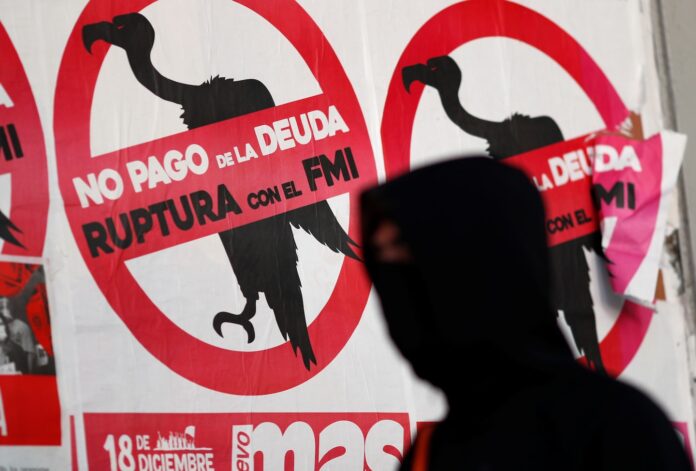
Argentina is on the verge of defaulting on its debt again. Here’s what you need to know.
What’s new this time is the chaotic global backdrop. The global coronavirus pandemic as well as the coming with serious, continuous, globally economic tightening suggests we may see a wave of sovereign financial debt defaults. This can envelop a multitude of emerging and developing countries that are likewise dealing with big foreign currency financial debts, made worse by the covid-19 setting. So financiers as well as policymakers all over the world are viewing the Argentine case very closely.
Despite that examination, domestic political computations will certainly still shape the federal government’s strategy.
Here’s exactly how Argentina reached the side of default
Argentina has a checkered background as a country that depends on foreign financial investments to fund government operations. In 2002, its money collapsed, resulting in a deep monetary situation. Consequently, Argentina defaulted on its financial obligation in 2002, causing years of litigation with creditors in New York. It took the 2015 election of center-right President Mauricio Macri to end the standoff between holdout creditors and also the Argentine federal government. The financial obligation settlement as well as the Macri government’s market-friendly plan program led the way for a loaning spree, including the June 2017 sale of “century” bonds maturing in 100 years.
Investors’ at first blissful function of Macri and his schedule paved the way to pessimism and after that panic by May 2018, when the Argentine peso’s value plunged, inflation accelerated and the country looked to the International Monetary Fund for a $57 billion rescue plan. The capital exodus grew so serious that in September the Macri federal government– in a sharp reversal from its previous setting– imposed stringent limitations on getting bucks to limit flight out of pesos and also prop up the money’s value.
The combined result of the global monetary shock, an emergency spending bundle like 1 percent of gross domestic product to combat the public health situation, as well as the forecast of a 10 percent loss in economic outcome spurred the Argentine negotiating team to drive a tougher deal with lenders, asking to decrease the rate of interest on exceptional bonds from 7 to 2.3 percent as well as proposing a three-year dead stop on settlements. The major creditor teams have, to this point, denied the federal government’s bargaining placements– also as various other nations are financing their debts at document low, near or listed below no rates.
Domestic national politics can matter. A whole lot.
But as our research has actually discovered, point of views on default are strongly tied to partial attachments. We checked ordinary Argentines in summer season 2015, when the nation was rejecting to pay holdout financial institutions. We checked them once more in June 2016, after the Macri government had actually settled the dispute as well as Argentina returned to loaning from global funding markets.
Both times, participants’ partisan associations formed their settings on payment. Advocates of CFK’s anti-creditor Frente para la Victoria event had to do with 30 percent and 25 percent more likely than others to support default in the 2015 as well as 2016 surveys. The void in partisan mindsets over financial obligation payment likewise enhanced gradually with time– especially as debt repayment attracted extra media insurance coverage and also voter focus.
Today, studies show that partisanship still shapes Argentines’ perspectives towards settlement. As the lockdown in Argentina alleviates as well as the debt concern comes to be extra commonly gone over, the partial space will likely expand. Fans of the Fernández government may follow their co-partisans’ signs as well as condemn the lenders’ unreasonable needs if arrangements damage down as well as the federal government slides into default.

